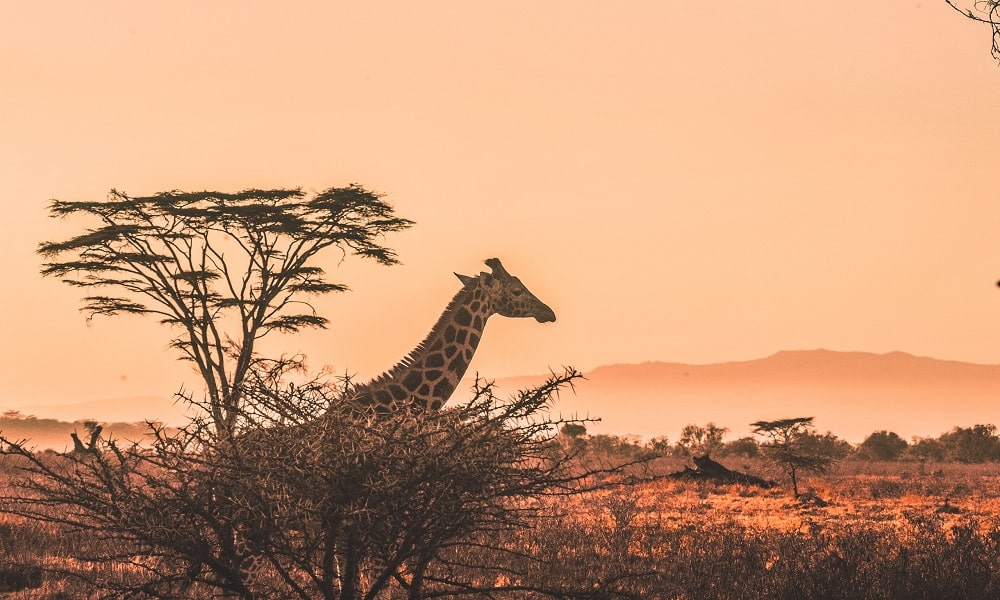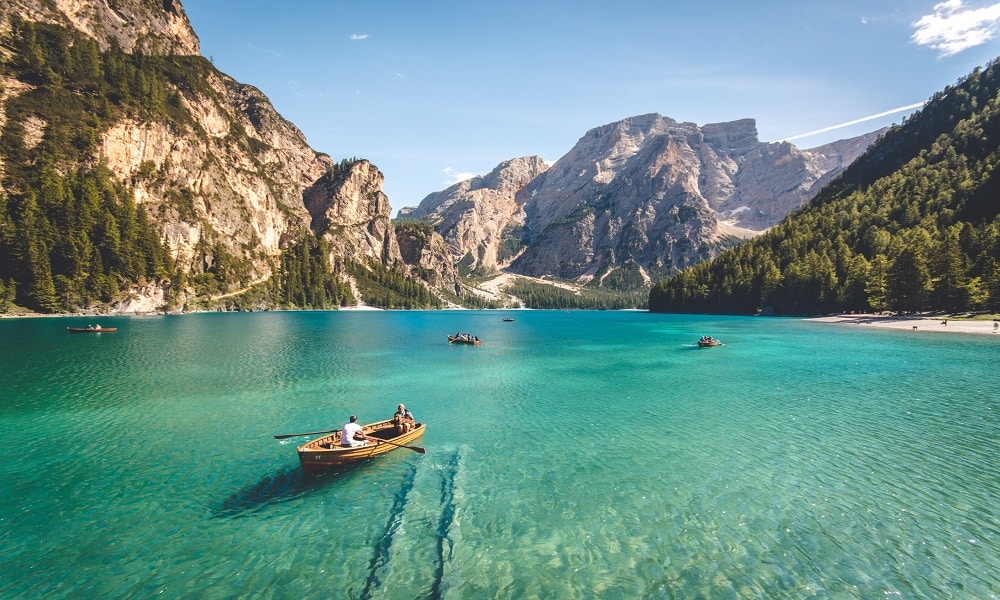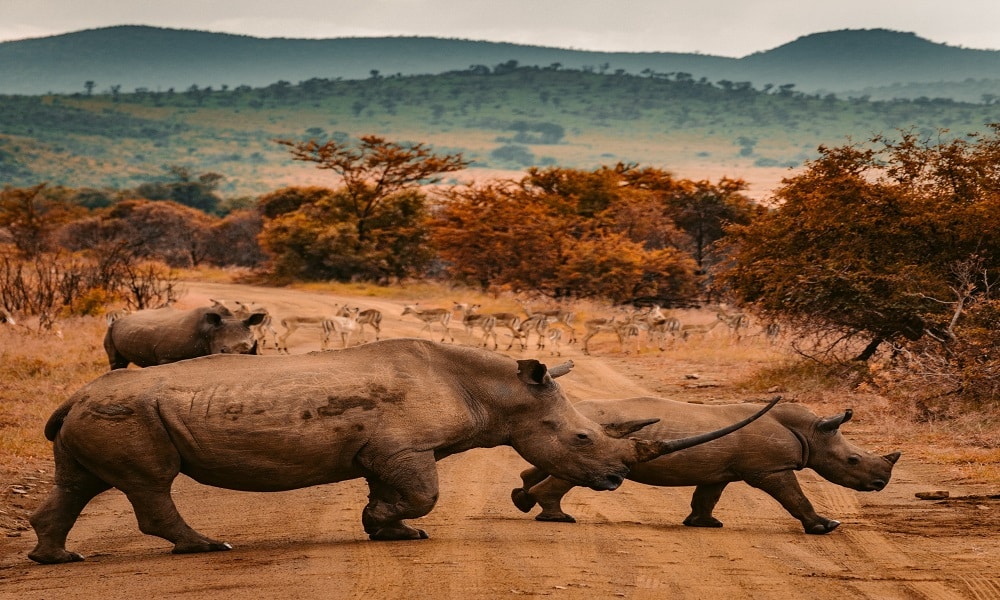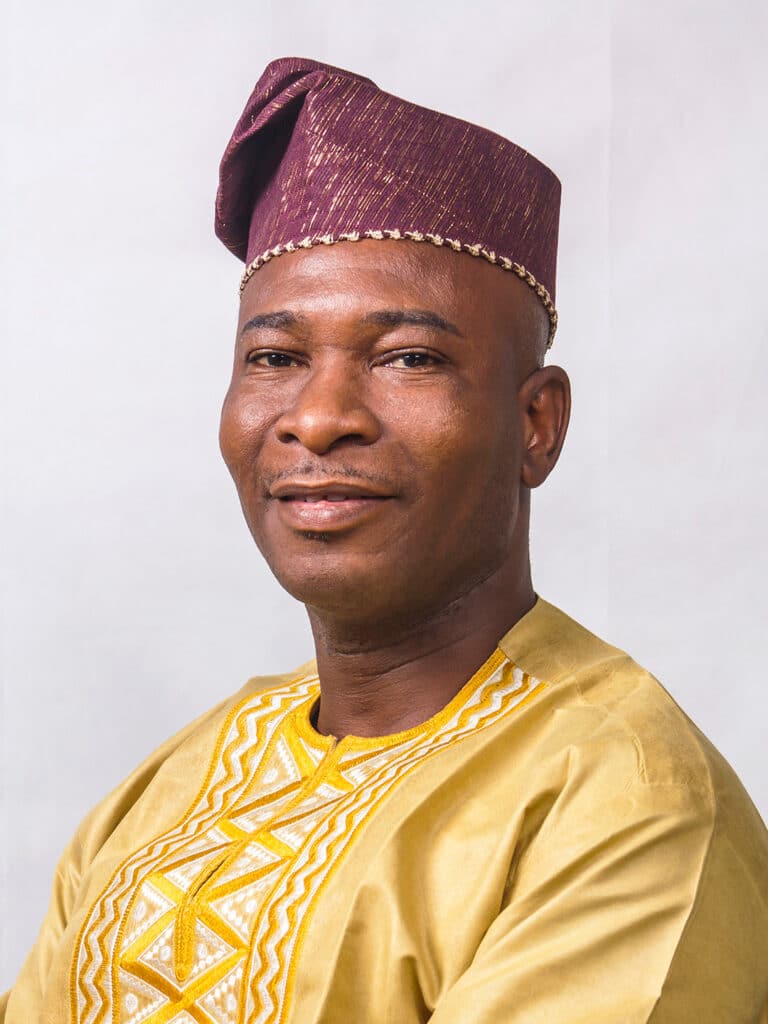- Home
- About LASEPA
- Departments
- Zonal Office Directorate
- Noise Control Department
- Water & Land Pollution Control Department
- Research and Development Department
- Chemical & HMM Department
- Natural Resource Protection
- Laboratory Services Department
- Enforcement Department
- Finance and Accounts Department
- Internal Audit Unit
- Admin & Human Resources Department
- Public Relations Unit
- Billing Unit
- Information, Communication Technology Unit
- Environmental Sustainability (E-Waste And Plastic Solution) Unit
- Hydrocarbon & Gases Storage Unit
- Data Management, Enquiries & Complaints Unit
- Legal Unit
- Engineering Unit
- Budget & Planning Unit
- Procurement Unit
- Air Quality and Emission Control Unit
- Monitoring and Compliance department
- Partnership Grants Managements and Innovation Unit
- Environmental Laws
- Regulatory Services
- Press
- Air Quality
- Trade | Các mẹo chơi xóc đĩa Sunwin dễ thắng nhất | Lagos State Environmental Protection Age…
- Trade | Các mẹo chơi xóc đĩa Sunwin dễ thắng nhất | Lagos State Environmental Protection Age…
- Home
- About LASEPA
- Departments
- Zonal Office Directorate
- Noise Control Department
- Water & Land Pollution Control Department
- Research and Development Department
- Chemical & HMM Department
- Natural Resource Protection
- Laboratory Services Department
- Enforcement Department
- Finance and Accounts Department
- Internal Audit Unit
- Admin & Human Resources Department
- Public Relations Unit
- Billing Unit
- Information, Communication Technology Unit
- Environmental Sustainability (E-Waste And Plastic Solution) Unit
- Hydrocarbon & Gases Storage Unit
- Data Management, Enquiries & Complaints Unit
- Legal Unit
- Engineering Unit
- Budget & Planning Unit
- Procurement Unit
- Air Quality and Emission Control Unit
- Monitoring and Compliance department
- Partnership Grants Managements and Innovation Unit
- Environmental Laws
- Regulatory Services
- Press
- Air Quality
- Trade | Các mẹo chơi xóc đĩa Sunwin dễ thắng nhất | Lagos State Environmental Protection Age…
- Trade | Các mẹo chơi xóc đĩa Sunwin dễ thắng nhất | Lagos State Environmental Protection Age…









Natural Resources Protection

The department is divided into three (3) namely:
- 1. Soil Control
- 2. Flood Control and
- 3. Coastal Zones Management
Functions
- NATURAL RESOURCE PROTECTION DEPARTMENT
MANDATE
Lagos State is one of the fastest growing cities in the world, both in development and population, and this establishes its position as one of the top ten world’s megacities. This enviable status poses a challenge of increasingly limited space for sustainable and future land use.
The Lagos State Environmental Management Protection Law, (LASEPA) 2017, Section 166, empowers the Agency, through the Natural Resource Protection Department to prepare a periodic master plan for natural resources management and advise the State on environmental management policies.
Thus, the vision to expand the Agency’s conservation footprint across the State, as rooted in the ‘T.H.E.M.E.S.’ agenda, mandated the Department to monitor activities of ecological significance within the State. Strategies deployed for ensuring conservation best practices are in alignment with Goals 14 and 15 of the SDGs which seek to conserve and sustainably use the oceans, seas, and marine resources for sustainable development; and protect, restore, and promote sustainable use of terrestrial ecosystems, sustainably manage forests, combat desertification, and halt and reverse land degradation and halt biodiversity loss respectively.
To sustain the State government’s commitment to the achievement of the United Nations Sustainable Development Goals (UN SDGs), and the protection of human health and environment as encapsulated in the ‘T.H.E.M.E.S.’ Agenda of Governor Sanwo-Olu’s administration, there is need to restore degraded natural resources and ensure sustainable management of existing protected areas.
Some of the benefits accruable for the practice of conservation are highlighted below:
- 1. Coastal and inland wetlands slow the flow of water, attenuate the impact of tidal waves along coastlines and thereby mitigate coastal/shoreline erosion.
- 2. Proper conservation and management would complement engineering flood control measures, thereby reducing economic loss due to flooding.
- 3.These protected areas offer ecosystem services of importance, such as the sequestration of carbon, the resultant effect being the abatement of climate change impacts.
- 4. These natural habitats play a central role in purifying surface water and replenishing groundwater used for drinking and irrigation.
- 5. The conservation of biodiversity and clamp-down on illicit wildlife trade of endangered species ensures reduced rates of extinction of species and serves a strategic potential for tourism.
FUNCTIONS;
1. Surveillance and monitoring of ecological activities.
- 2. Map and produce data on all land and water resources in the State
- 3. Conduct periodic environmental sampling in conjunction with the Laboratory Services department.
- 4. Data assessment, management, and conservation of Wetland areas and other Conservation areas.
- 5. Conduct sensitization exercises on desertification, erosion, and flooding.
- 6. Conduct advocacy exercises on wildlife conservation.
- 7. Collaboration and cooperation with relevant stakeholders (Local and International), in conservation e.g., Nigerian Conservation Foundation (NCF), Omu resorts, Q-Brat gardens and zoos, World Wildlife Fund (WWF), Birdlife International, etc.
- 8. Identification, mapping, and evaluation of endangered animal species and protected areas.
- 9. Monitoring of activities of zoological and botanical gardens.
- 10. Participating in the celebration of environmental events such as World Wetland Day, World Environment Day, World Conservation Day and World Habitat Day on days set aside by the United Nations
- 11. Serve as climate change warehouse of the Agency, especially in keeping up with the United Nations Framework on Climate Change Conference (UNFCCC) deliberations and agreements, in collaboration with relevant stakeholders.
FREQUENTLY ASKED QUESTIONS
Q1. What are natural resources?
ANSWER: Natural resources are naturally occurring materials found in the environment and exist independent of any human actions. Natural resources are utilized by humans and are essential to their survival. Examples include sunlight, air, water, soil, forests, wildlife, fossil fuels, and mineral deposits.
Q2. What is conservation?
ANSWER: It is the management of natural resources to prevent the extinction of species, maintain and/or restore degraded habitats, and protect biodiversity for ecosystems to thrive and provide essential services.
Q3. What are protected areas?
ANSWER: These are areas designated, regulated, and managed because of their natural, ecological, or cultural values. They are conservation areas where human activity and/or resource exploitation is limited. Examples include wetlands and marine protected areas. They provide ecosystem services such as water purification, prevention of shoreline erosion, biological diversity, etc.
Q4. What is a wetland?
ANSWER: It is an area of land saturated by water either seasonally or all year round. It is essentially where land and water meet. Examples include marshes, mangroves, and swamps. It is known for its rich biological diversity of plant and animal species.
Q5. What are endangered species?
ANSWER: These are species of plants or animals whose dwindling populations are at serious risk of extinction. Examples are pangolins, sea turtles, African elephants, African grey parrots etc.
LASEPA, through the Natural Resource Protection department, is charged with the responsibility of surveillance of ecological issues such as shoreline erosion, flooding, data assessment of protected areas; regulation of illegal wildlife trade, and collaboration with relevant stakeholders on renewable natural resource management.
CONTACT US
Email: naturalresourceprotection@lasepa.gov.ng
Email 2: nresourcesprotection@gmail.com
DEPARTMENTS / UNITS
- Zonal Office Directorate
- Noise Control Department
- Water & Land Pollution Control Department
- Research and Development Department
- Chemical & HMM Department
- Natural Resource Protection
- Laboratory Services Department
- Enforcement Unit
- Finance and Accounts Department
- Admin & Human Resources Department
- Billing Unit
- Information, Communication Technology Unit
- Internal Audit Unit
- E-Waste Management Unit
- Hydrocarbon & Gases Storage Unit
- Public Relations Unit
- Data Management, Enquiries & Complaints Unit
- Legal Unit
- Engineering Unit
- Budget & Planning Unit
- Procurement Unit
- Monitoring and Compliance department
- Air Quality and Emission Control Unit
- Partnership Grants Managements and Innovation Unit
- Home
- Air Quality
- Trade | Các mẹo chơi xóc đĩa Sunwin dễ thắng nhất | Lagos State Environmental Protection Age…
- Trade | Các mẹo chơi xóc đĩa Sunwin dễ thắng nhất | Lagos State Environmental Protection Age…

